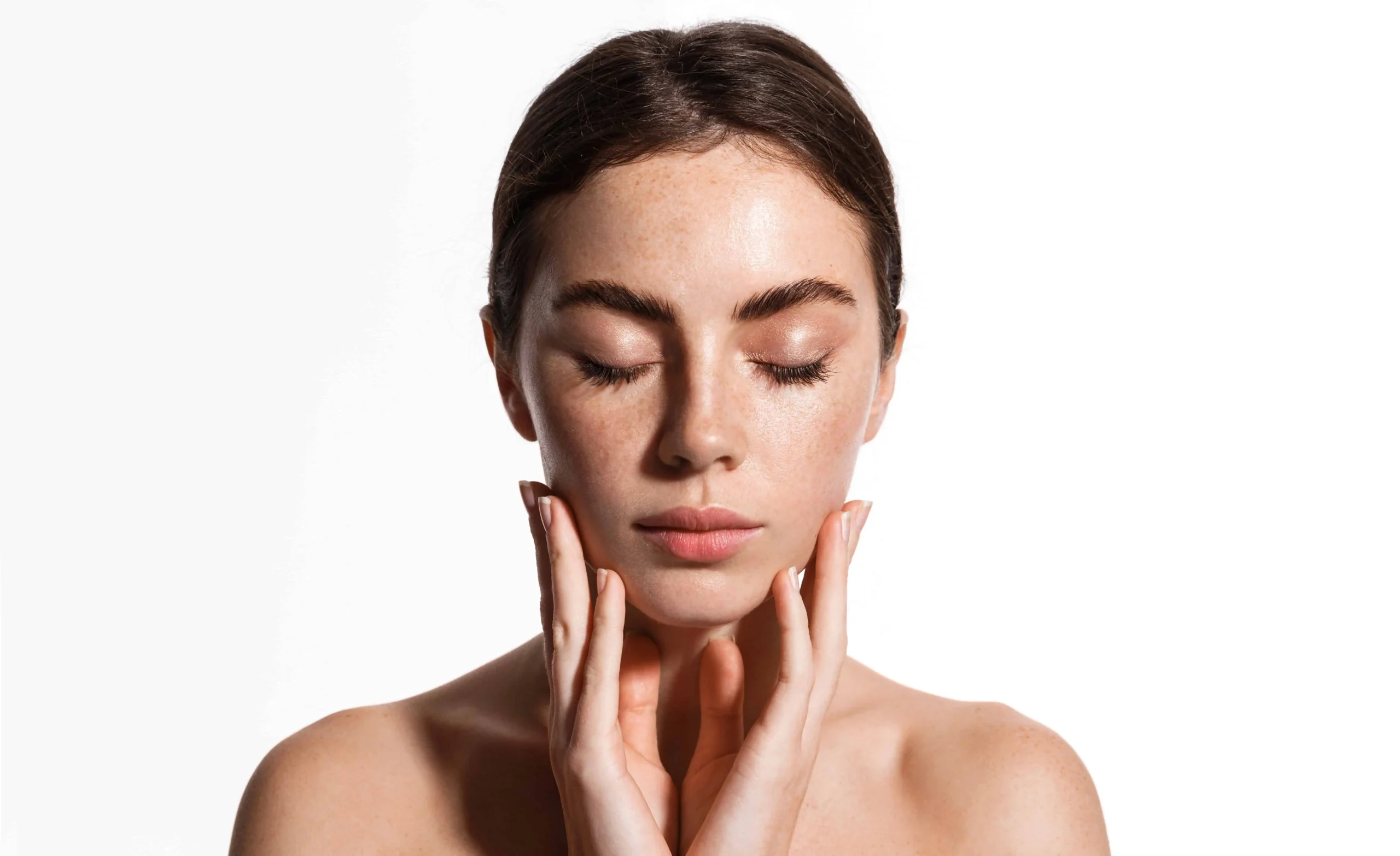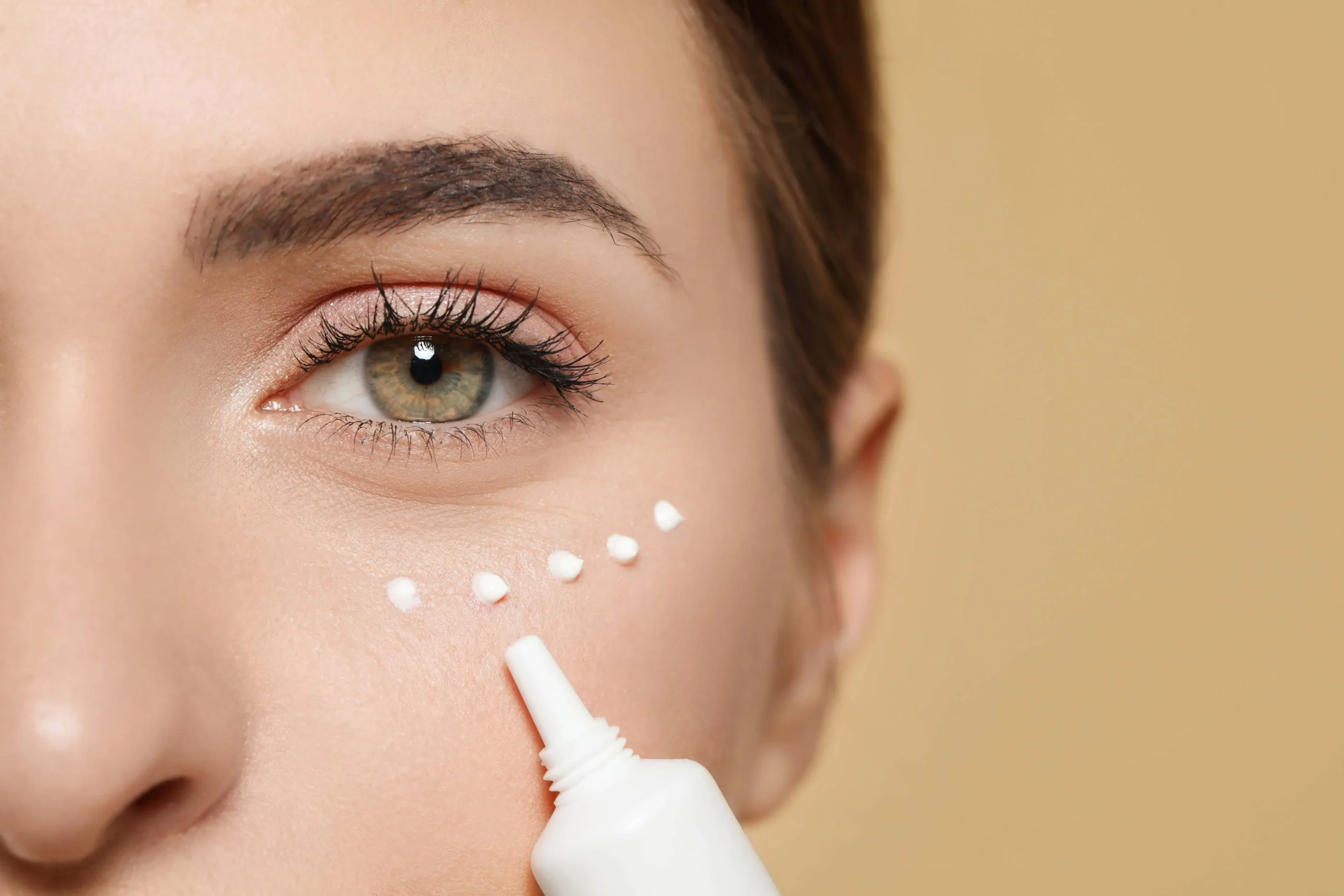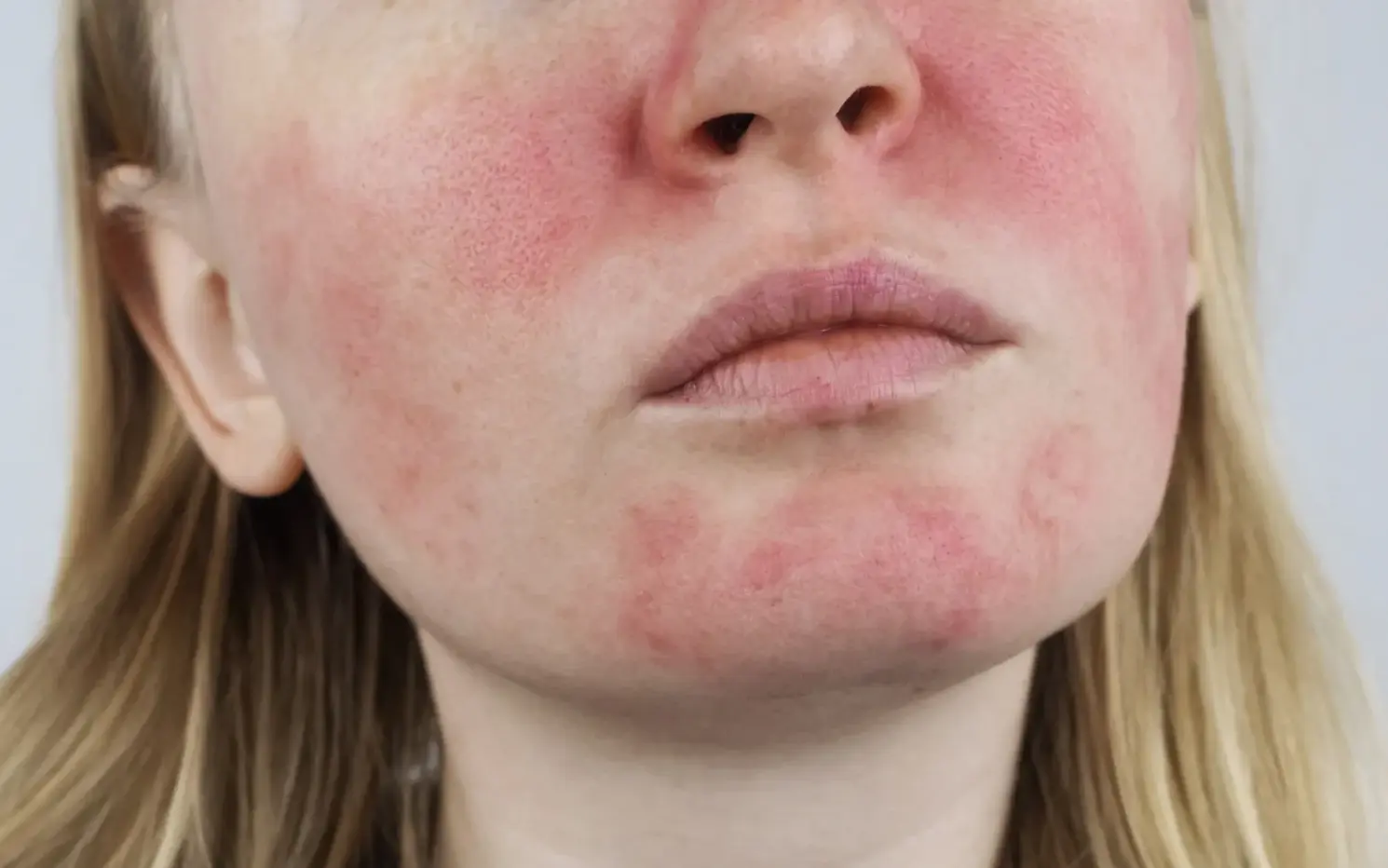Table of Contents
Our skin is like a sensitive barometer, responding to changes in our environment, especially humidity and temperature. These elements can significantly impact how our skin feels and looks. Whether it’s the dry heat of summer or the chilly cold of winter, understanding how humidity and temperature affect your skin can help you keep it healthy and glowing year-round. Here’s a breakdown of how these factors influence your skin and what you can do to mitigate any adverse effects.
How Humidity Affects Your Skin
- High Humidity: High humidity levels can make your skin feel sticky and greasy. When the air is saturated with moisture, it’s harder for sweat to evaporate from your skin. This can lead to clogged pores and increased acne breakouts. Additionally, the excess moisture can sometimes lead to skin conditions like fungal infections, particularly in areas where skin folds or rubs together.
- Low Humidity: On the flip side, low humidity, which is common in colder months or in arid climates, can cause your skin to lose moisture more quickly. This often results in dry, flaky, and itchy skin. Low humidity can also exacerbate conditions like eczema and psoriasis, making flare-ups more frequent and severe.
How Temperature Affects Your Skin
- Hot Temperatures: In hot weather, your skin is exposed to increased UV radiation, which can lead to sunburn and accelerate the aging process. Excessive heat can also cause sweating, which, combined with high humidity, can clog pores and lead to breakouts. Moreover, the heat can strip your skin of its natural oils, causing dryness and irritation.
- Cold Temperatures: Cold weather can cause your skin to become dry and irritated. The cold air and wind strip moisture from your skin, leading to a dull, flaky appearance. Indoor heating systems, which are often running during colder months, can also contribute to dry skin by reducing indoor humidity levels.
Tips for Managing Your Skin in Different Conditions
- Stay Hydrated: Regardless of the weather, keeping your skin hydrated is essential. Maintain your skin’s hydration by consuming plenty of water throughout the day. In dry conditions, using a humidifier at home can also help keep the air moist and prevent your skin from drying out.
- Adjust Your Skincare Routine: In humid conditions, opt for lightweight, non-comedogenic moisturizers that won’t clog your pores. Gel-based skincare items deliver moisture without feeling burdensome. In dry conditions, use richer, more emollient creams or oils to lock in moisture. Don’t forget to include a good moisturizer in your routine year-round.
- Protect Your Skin from the Sun: Regardless of temperature, UV protection is crucial. Use sunscreen with at least SPF 30 daily, even on cloudy days or when staying indoors, as UV rays can penetrate windows. In hot weather, reapply sunscreen every two hours and after swimming or sweating.
- Exfoliate Regularly: Regular exfoliation helps remove dead skin cells and can prevent clogged pores, especially in humid conditions. Nevertheless, avoid aggressive exfoliation to prevent irritating your skin. In dry conditions, exfoliating once a week can help improve skin texture and allow moisturizers to penetrate more effectively.
- Adjust Bathing Habits: In hot weather, avoid long, hot showers, which can strip your skin of its natural oils. Go for lukewarm water and use body washes that provide gentle hydration. In cold weather, be cautious not to use water that’s too hot, as it can further dry out your skin. Use mild soaps and apply moisturizer immediately after bathing to lock in moisture.
Cons of Extreme Humidity and Temperature
- Skin Irritations: Both extreme heat and cold can lead to various skin irritations. High humidity can cause fungal infections and exacerbate conditions like acne, while cold temperatures can lead to dryness, cracking, and redness.
- Premature Aging: Excessive sun exposure in hot temperatures accelerates skin aging, leading to wrinkles, fine lines, and age spots. Cold weather can also contribute to premature aging if it causes your skin to become excessively dry and irritated.
- Increased Skin Conditions: Both extremes can aggravate existing skin conditions. High humidity can trigger flare-ups of conditions like eczema, while cold weather can worsen dryness and lead to more severe eczema or psoriasis outbreaks.
- Compromised Skin Barrier: Harsh temperatures and fluctuating humidity can weaken your skin’s natural barrier, making it more susceptible to environmental damage and irritation.





